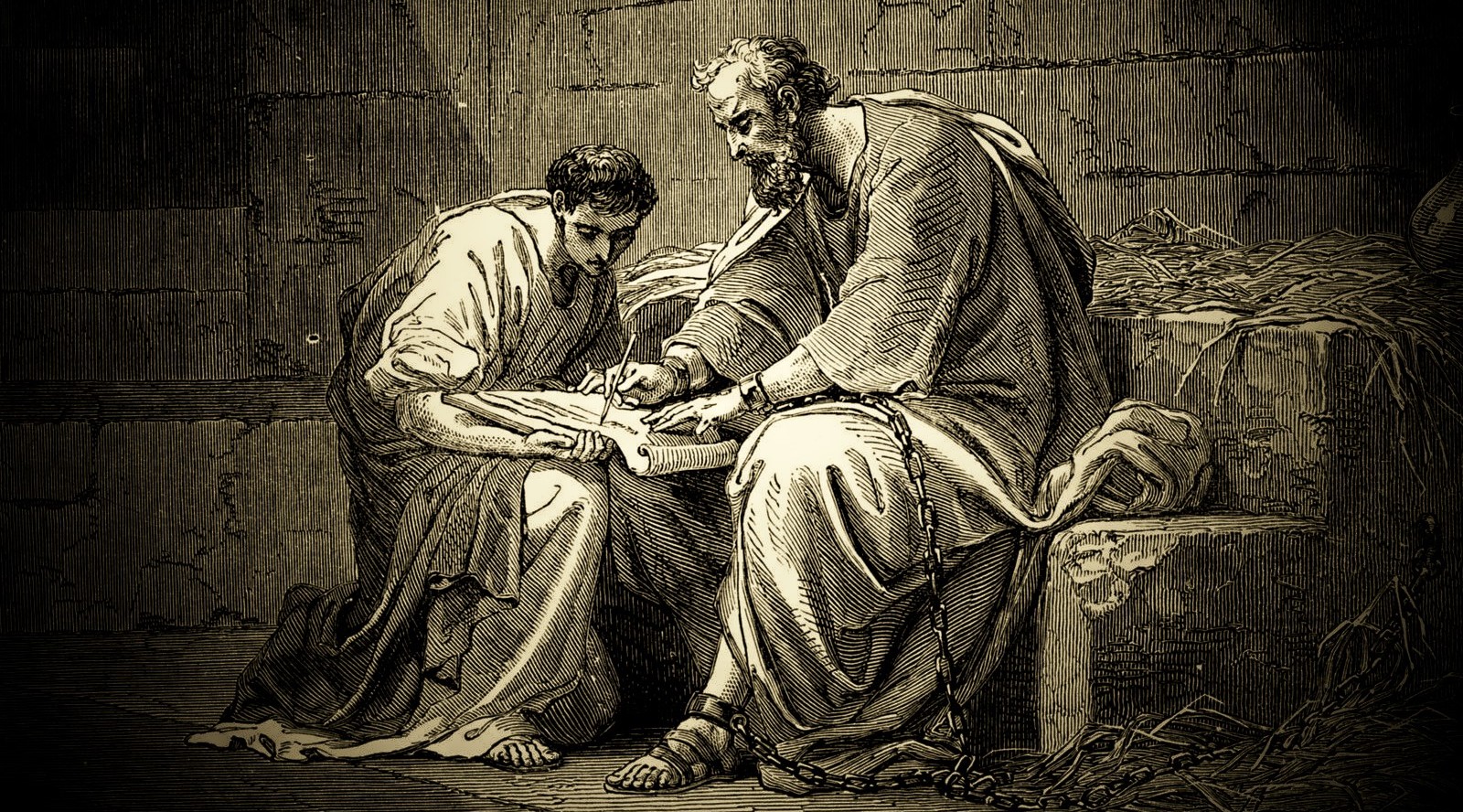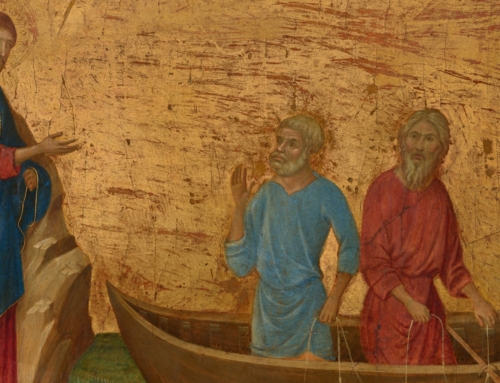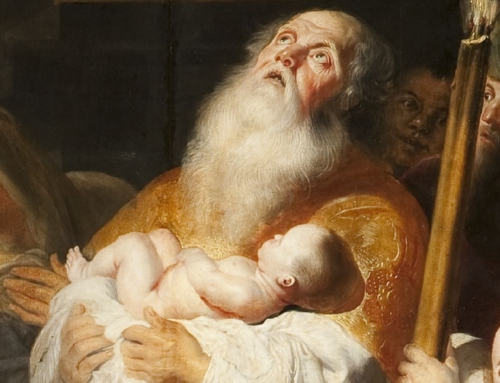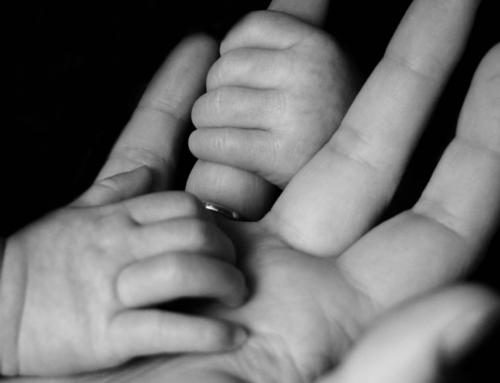Saint Paul can catch you off guard. Just when you think you have a grip on what the Apostle is all about, he slips from your grasp—or at least it seems like it. Take his letter to the Philippians, for example. Saint Paul writes about joy and rejoicing so much in its four brief chapters that it has come to be called the “Epistle of Joy.” He wrote it in prison, awaiting his rapidly approaching martyrdom. All of the epistle’s ecstatic and jubilant praises, rising like incense to heaven, came from the pen of a man enchained, tethered to a Roman house. But this contrast between heaven-bound joy and earth-bound chains cues us into a feature of Paul’s life and love for God that is true for all Christian living. Charity is paradoxical: it lifts you up, and it plants you firmly on the ground.
Charity—or simply friendship with God—looks ever upward. Still, God’s friends look downward, too, with their gaze on the world around them. The heavenly, Godward gaze does not render them blind to what is right before them. Saint Paul, rejoicing that he will offer his life for Christ, proclaims to the Philippians that, “for me, to live is Christ and to die is gain” (Phil 1:21). These are words we may expect from a man like St. Paul, a man zealously pouring himself out for Christ and his Body the Church. But St. Paul surprises us just a few lines later. Again, Paul is rejoicing. This time it is because God spared his “brother and fellow worker,” Epaphroditus (Phil 2:25). God healed Epaphroditus of a sickness, and Paul rejoices because of the blessings received. The Apostle strikingly adds this: “God had mercy on him, but not only on him but on me also, lest I should have sorrow on sorrow” (Phil 2:27). Saint Paul is ready, eager, yearning even, to die for Christ. He just told us that he sees death as a gain. But here he reveals to us that he did not want to lose his friend. This is a sadness we all know. Saint Paul embodies charity’s paradox: He is ever looking up at God, but he did not leave the world behind completely.
And St. Paul is just treading the same path as his Lord and ours. Jesus came, sent by his Father, to “give his life as a ransom for many” (Mark 10:45). Jesus, referring to his own life, tells us that “no one takes it from me, but I lay it down of my own accord” (John 10:18). He yearns to give himself up for us: “I have a baptism to be baptized with; and how I am constrained until it is accomplished!” (Luke 12:50) With love ineffable, Jesus’ face was ever-turned toward his redemption-winning suffering. Yet he still looked upon us. The upward gaze of his mission did not stop him from looking down with compassion on the crowd, “because they were harassed and helpless, like sheep without a shepherd” (Matt 9:36). Jesus’ holy eyes, firmly fixed upon his mission and his Father, nevertheless filled with tears when he met with the news of Lazarus’ death (John 11:35). Love for the supernatural does not destroy our natural loves, it perfects them. Our Lord, like his servant Paul, looked upon God the Father and found his vision sharpened to see his neighbor.
Love draws you up, but it does not sweep you off your feet. Not yet. Charity paradoxically manages to give you both heaven and earth. Jesus, Paul, and indeed all Christians, keep their sights high and their feet firmly planted.
✠
Image: Gustave Doré, Saint Paul in Prison







